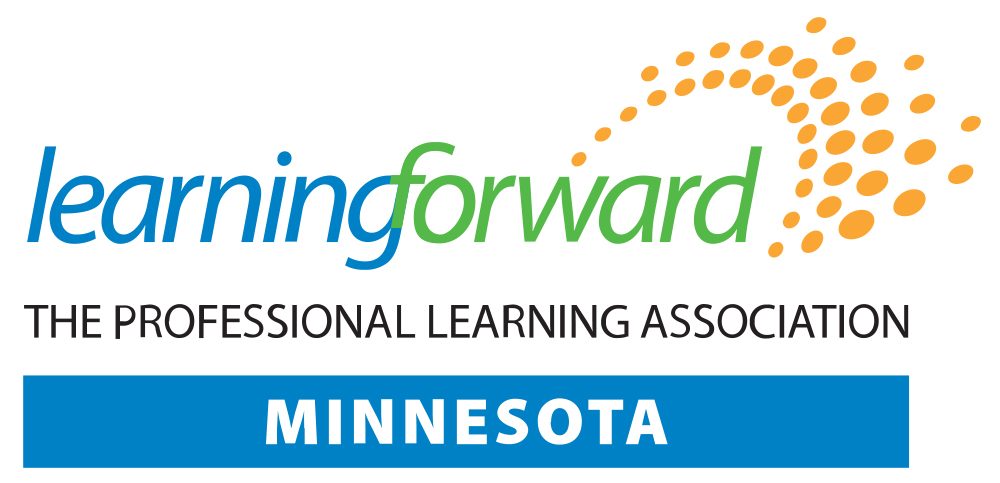
- This event has passed.
Quality Implementation: Leveraging Collective Efficacy to Make ‘What Works’ Actually Work in Schools and Classrooms with Jenni Donohoo
October 28, 2019 @ 8:00 am - 4:00 pm
$199.00Quality Implementation: Leveraging Collective Efficacy to Make ‘What Works’ Actually Work in Schools and Classrooms
Description – Successful PLCs are defined by quality implementation of what is known to work best in schools and classrooms. Knowing what works and making it work within unique school contexts are two different things! Learn about the role of collective efficacy in strengthening the impact of PLCs. Highly efficacious teams do more than welcome new instructional practices into the mix; they find ways to bring theory and practice together in their unique environments in order to produce positive results – regardless of other circumstances.
In this session, we will understand what collective teacher efficacy is and why it’s important in relation to increasing student achievement. We will also examine four processes used by highly successful PLCs in creating the conditions for mastery (the strongest source of collective efficacy). These include a focus on: learning together, cause-and-effect relationships, goal directed behavior, and purposeful practice.
Participants will:
- identify opportunities and challenges in regard to achieving quality implementation in educational settings;
- consider three ways in which collective efficacy beliefs serve to either impede or strengthen quality implementation of evidence-based practices in schools;
- name the four sources of collective efficacy;
- describe key features of mastery environments;
- identify ways to strengthen four key areas of focus for creating mastery experiences in teams (collaboration, know thy collective impact, goal setting, and experimentation).
